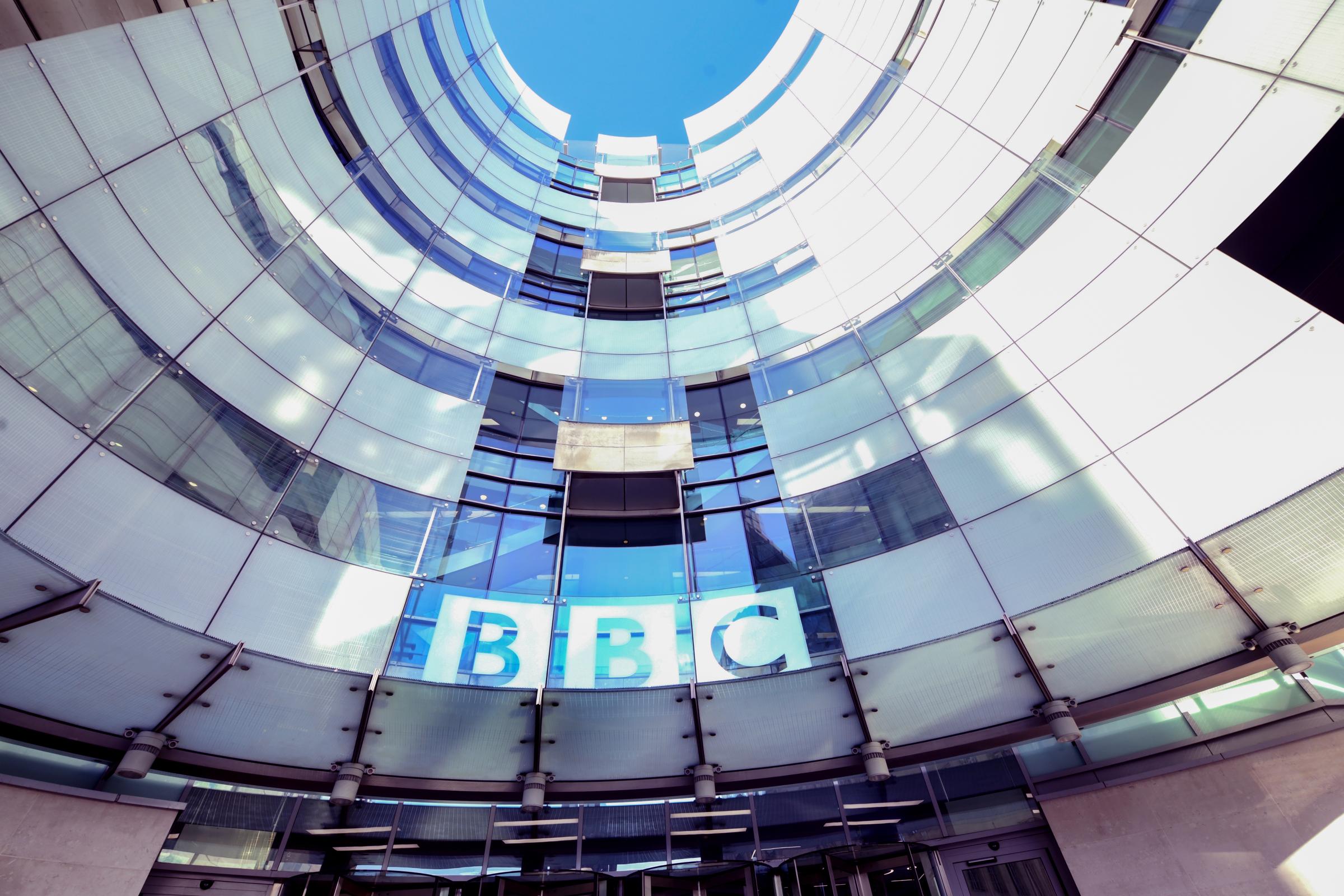
THERE will be job cuts as BBC News and BBC World News merge to create a single 24-hour TV channel, the broadcaster has announced.
The cuts are part of measures to save money after Culture Secretary Nadine Dorries announced the licence fee will be frozen for the next two years.
It comes after the corporation announced the end of BBC Four, Radio 4 Extra and CBBC as linear channels.
They are expected to move online to the iPlayer in the next few years as part of the broadcaster’s plans to become “digital first”.
The BBC said on Thursday the merged channel, which will be called BBC News, is expected to launch in April 2023.
BBC News’ digital director, Naja Nielsen, said: “Our aim is to create the best live and breaking video news service in the world – on our web pages, our apps, on iPlayer and on our new TV news channel.
“The way audiences consume news is changing. In recent years, we’ve seen a huge surge in audiences coming to our live coverage, with 10s of millions following live pages when big stories and events unfold.
“As the world’s most trusted source of news, with a huge depth and breadth of expertise, the BBC is uniquely placed to offer audiences the best analysis and explanation as these stories are unfolding.
“So we are investing in new capability to cover breaking news stories, and our news channel and digital teams will work hand in hand to bring the best journalism to audiences both at home and abroad.”
The new channel will be broadcast from London during the day and Singapore and Washington DC overnight.
Around 70 BBC staff from across all areas in the UK will lose their jobs as a result of the merger. Around 20 jobs will be created in Washington.
The BBC said the changes will create a streamlined organisation that “drives the most value from the licence fee and delivers more for audiences”.
The channel will serve UK and international audiences, featuring flagship programmes built around high-profile journalists, it said.
UK viewers will receive specific content at certain times of the day and a live breaking news team will provide a domestic-only stream for specific news events, the broadcaster added.
Programming on the channel will be refreshed over time, with plans to air at least two new programmes in 2023, including a broadcast from Washington.
The broadcaster said it will also be investing in “visualising programmes” of popular radio shows, starting with Nicky Campbell’s programme on BBC Radio 5 Live which will be broadcast on BBC Two on weekday mornings.
The BBC said the announced plans remain subject to a consultation with staff and trade unions.
Philippa Childs, head of broadcasting union Bectu, criticised the Government and said the cuts had been caused by its decision to freeze the licence fee at £159 for the next two years until April 2024.
She said: “We welcome the BBC’s commitment to step up to the challenges of a changing media landscape and build a digital-first corporation, but once again we see the devastating impact of the Government’s poorly judged political decisions on workers.
“Its decision to freeze the licence fee has necessitated these job cuts, which will hit hugely talented and dedicated people who work hard to deliver critical services to the nation and beyond.
“This is a very challenging and uncertain time for our members and we will continue to fully engage in these proposals to do everything we can to support them.
“We will be working to ensure that change is not cost cutting for the sake of it, but truly does position the BBC as strongly as possible for the future and delivers the best outcomes for members.”
The broadcaster has already undergone several rounds of redundancies and cuts over the past decade, prompted by below-inflation increases in the licence fee.
Tim Davie, who took over from Lord Tony Hall as director-general in September 2020, has overseen a slimming down of the corporation since starting in the role, with 1200 staff leaving in the last 18 months.
The news comes on the back of the BBC needing to save a further £285 million in response to Dorries’ announcement in January that the licence fee will be frozen at £159 for the next two years.
The corporation faces uncertainty over the future of the licence fee after Dorries said a consultation over future BBC funding will soon begin.
She said she wants to find a new funding model before the current deal expires in 2027 because it is “completely outdated”.







